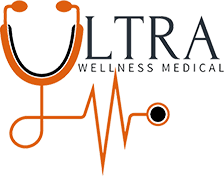In the next few weeks, I want to focus on a number of posts encompassing the topic of Preventative Medicine. As the name implies, the goal of prevention is to "prevent" disease before it starts, and to be able to make meaningful changes early on with factors such as lifestyle, behavior, diet, or even medications.
The Problem:
Our current medical system has only embraced preventative care to a limited degree in more recent times. I can remember within the last 15 years that patients who would come to see me for routine check-ups always struggled to have visits covered, because it was common place for insurance companies to not pay for diagnosis codes that were preventative in nature. Although improvements have been made in this area, (such as colon scopes, mammograms, etc) we are far from optimal. From its inception, our medical system and medical education system has been based on making a diagnosis of a disease and then applying some type of medication, working through a biochemical pathway, to help alter the problem or treat the symptoms that result from the illness. This does not get to the possible root cause of the issue and often leads to detrimental effects in our body.
Take, for example, Type 2 Diabetes in the United States. We often see years, and even decades before a diagnosis, early warning signs of a problem. It is not an uncommon practice for a patient to hear back from their provider a message like "your sugar is a little high, but not diabetic...watch your diet and try and lose weight." As this process goes on year after year at each physical or check-up, small amounts of damage to our brains, heart, kidneys, nerves, eyes, and vascular system takes place. Intervention with medication or diet does not often take place until the patient finally becomes diabetic based on lab parameters. It's as though you are fine one day and sick the next. As a newly diagnosed diabetic, our medical system considers the patient a "cardiac equivalent" meaning their risk of heart disease, vascular disease, and stroke is considered equivalent to that of someone who has already known heart disease.........but this didn't happen overnight or when lab value as reached.
So what if, early on, we instead took more time to educate patients about diet and lifestyle, used smart devices like continuous glucose monitors to provide instant feedback to patients, optimized vitamin and micronutrient levels, and hormone levels for energy and metabolism? What kind of improvement in lifestyle, aging, and healthcare savings would we see? That will be the focus of Ultra Wellness Medical - Opening June 2022 Winghaven / O'Fallon, Mo area.


